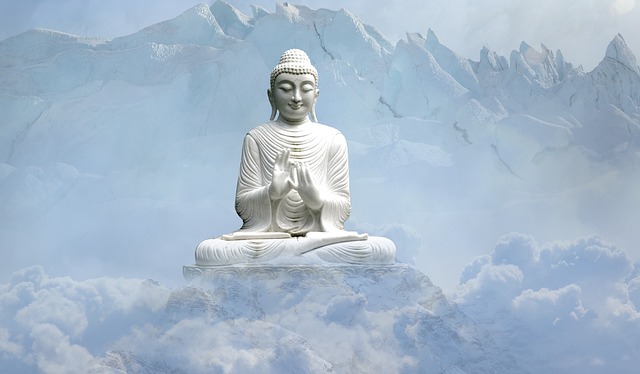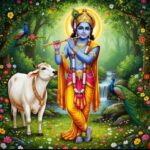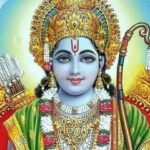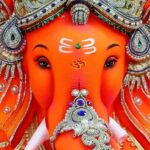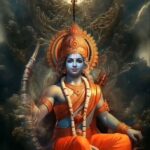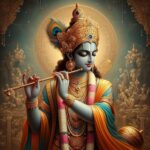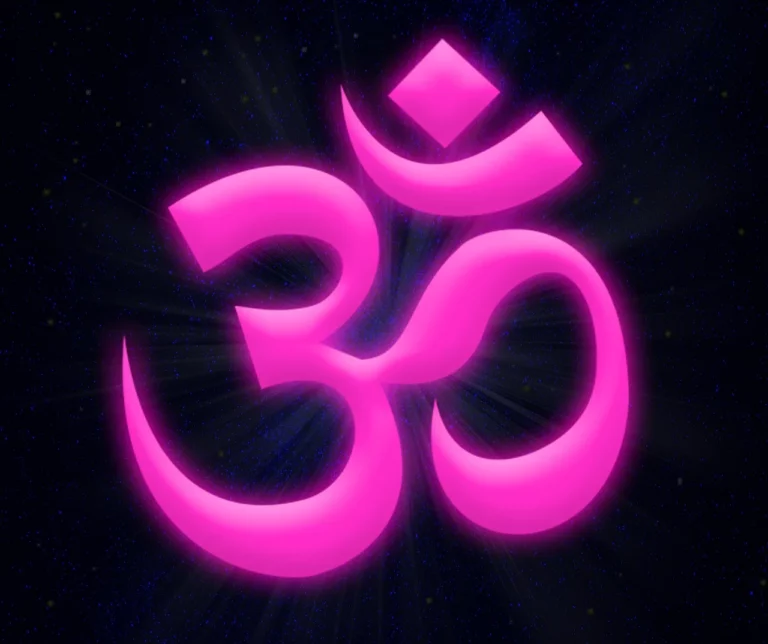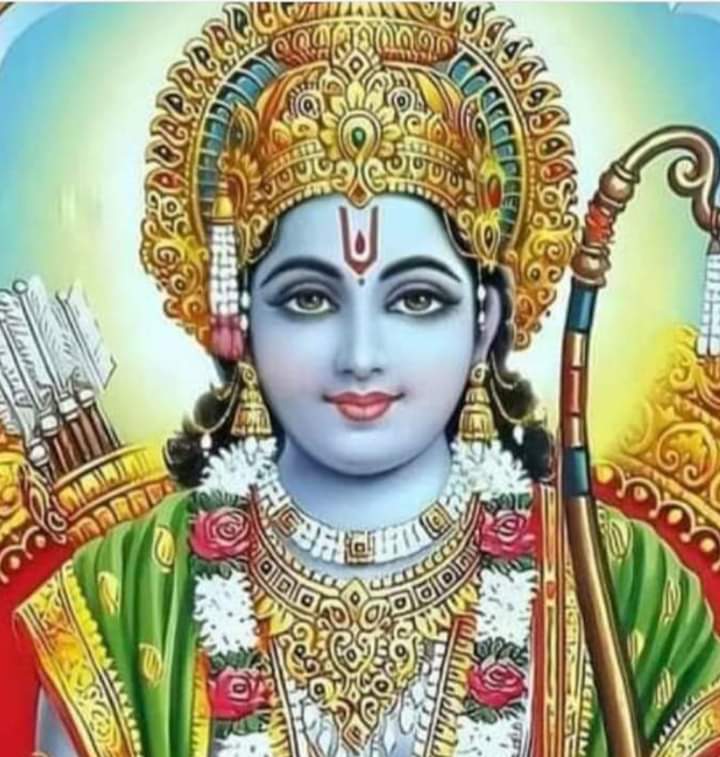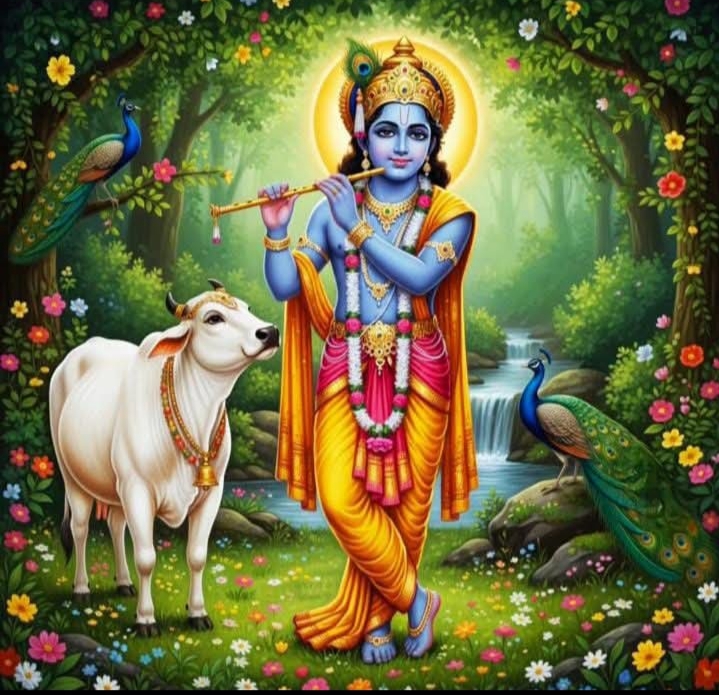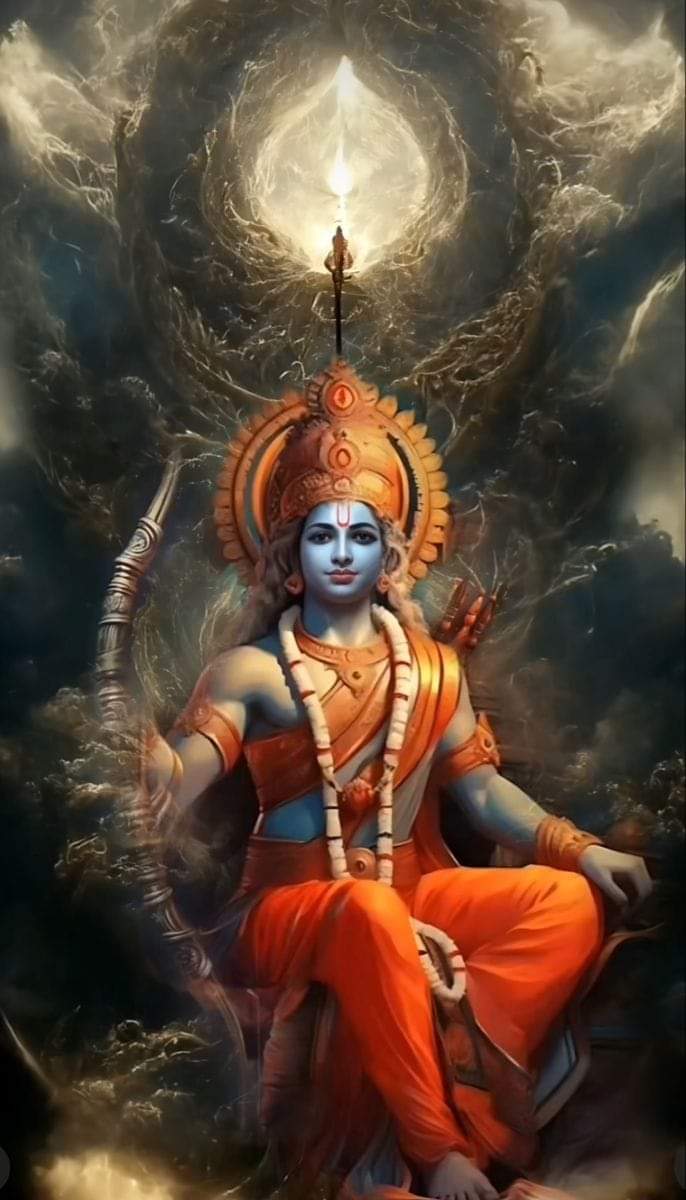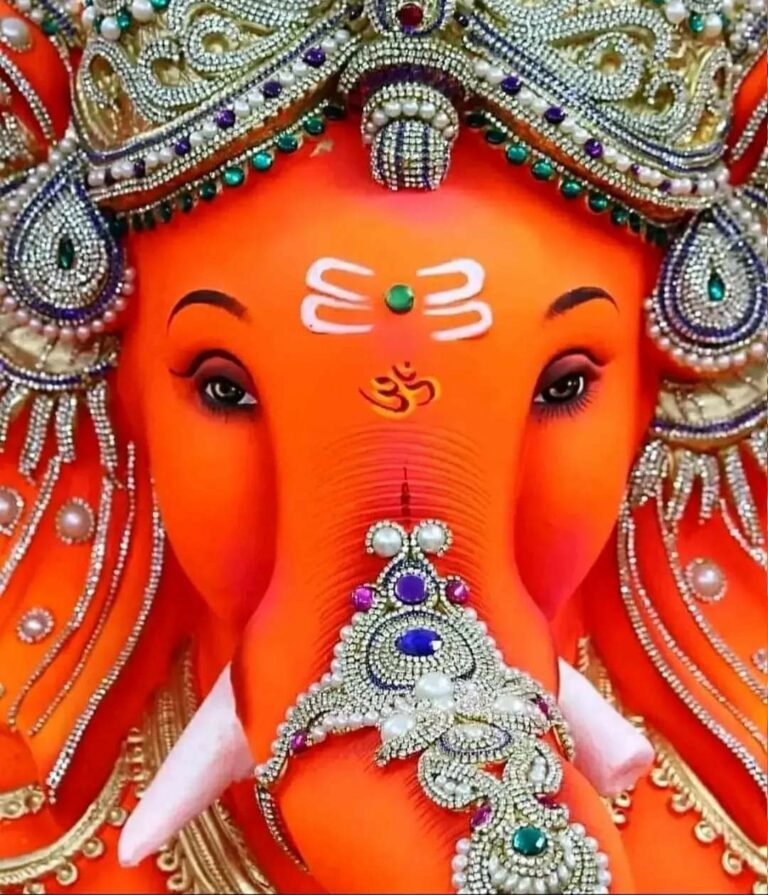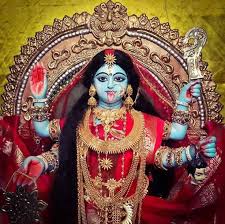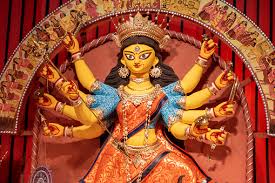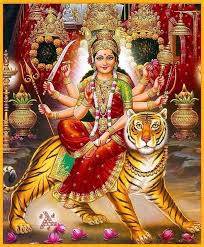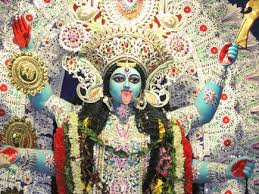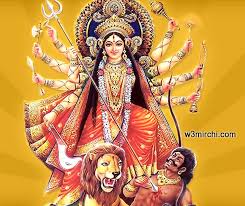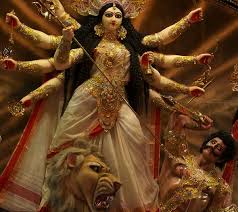राष्ट्रधर्म
सन् 1857 ई0के प्रथम स्वतन्त्रता-समरके दिन थे। रायबरेली के सलोन नामक स्थानपर रहनेवाले अंग्रेजपरिवारको क्षेत्रमें सक्रिय क्रान्तिकारियोंसे खतरा अनुभव हुआ । अंग्रेज अफसर अपने परिवारके साथ कालाकाँकरके राजा हनुमंतसिंहकी शरणमें पहुँचा। राजाने उस परिवारको शरण दे दी। कुछ दिन बाद अंग्रेज अफसर उनसे विदा लेने पहुँचा। उसने कहा—’राजा साहब! जिस प्रकार आपने हमारे प्राणोंकी रक्षा की है, उसी प्रकार आप इन चोर डाकुओंकी बगावतको दबानेमें हमारे शासनकी मदद करें।’
राजा हनुमंतसिंहका चेहरा क्रोधसे तमतमा उठा। उन्होंने उत्तर दिया- ‘शरणागतोंकी रक्षा हम भारतीयोंका स्वधर्म है और अपने देशकी रक्षा करना हमारा राष्ट्रधर्म है। अतः आप शीघ्र चले जायें। कुछ देर बाद मेरा पुत्र लाल प्रतापसिंह सेना लेकर अंग्रेजोंको लखनऊ जानेसे रोकनेके लिये अभियानपर जानेवाला है।’
अंग्रेज अधिकारीने जब कुछ दिनों बाद लाल प्रतापसिंहके अंग्रेजोंसे युद्ध करते हुए वीरगतिको प्राप्त होनेका समाचार पढ़ा, तो उसकी भी आँखें नम हो गयीं।
nationalism
The year 1857 was the days of the first war of independence. The British family living at a place called Salon in Rae Bareilly felt threatened by the revolutionaries active in the area. The British officer along with his family reached the shelter of King Hanumant Singh of Kalakankar. The king gave shelter to that family. After a few days, the English officer reached to bid him farewell. He said – ‘Raja Saheb! Just as you have saved our lives, in the same way you help our government in suppressing the rebellion of these thieves and dacoits.’
King Hanumant Singh’s face lit up with anger. He replied- ‘Protecting the refugees is the self-religion of us Indians and protecting our country is our national religion. So you leave soon. After some time, my son Lal Pratap Singh is going to go on a campaign to stop the British from going to Lucknow with the army.’
A few days later, when the British officer read the news of Lal Pratap Singh’s martyrdom while fighting with the British, his eyes also became moist.

